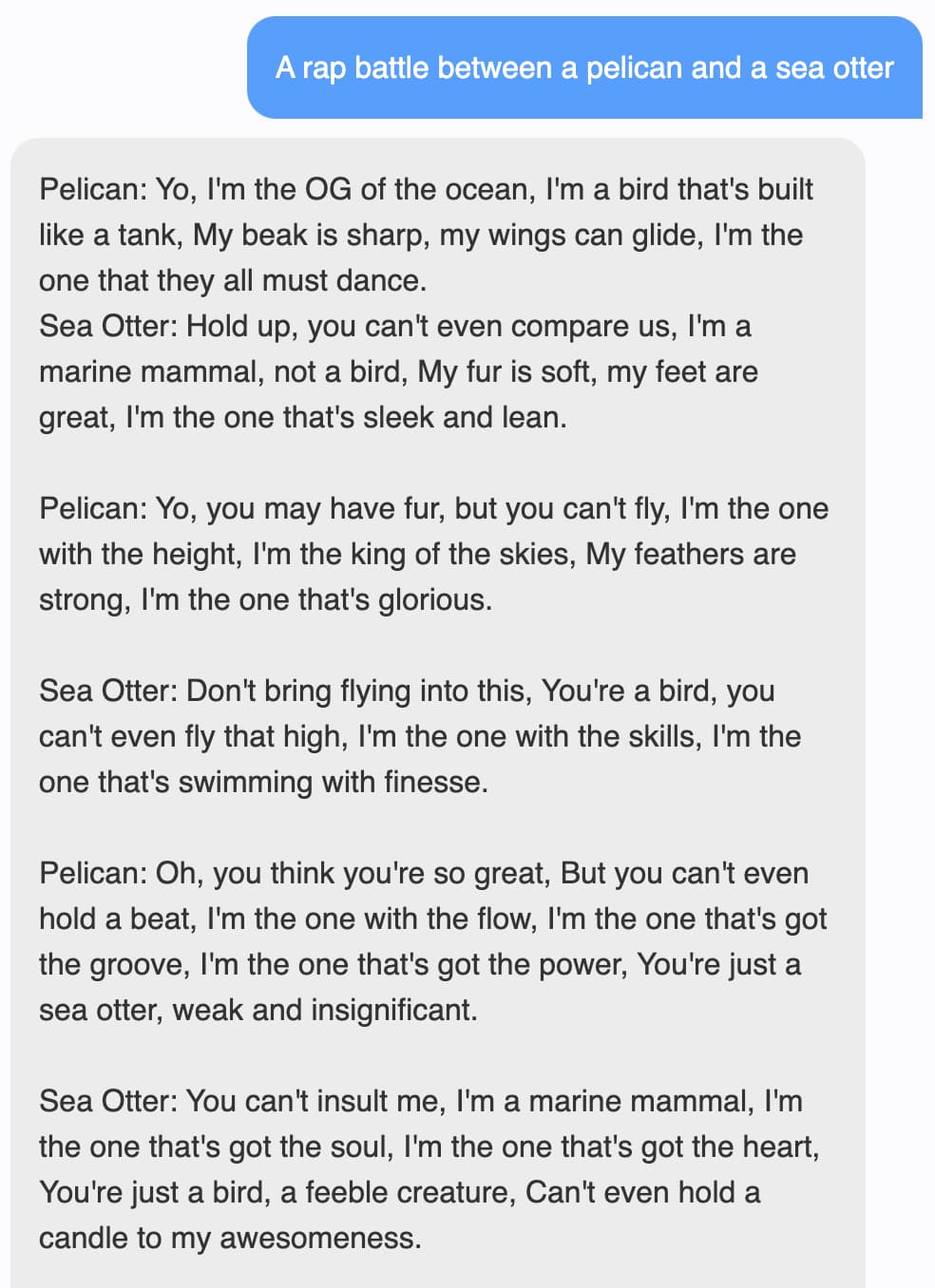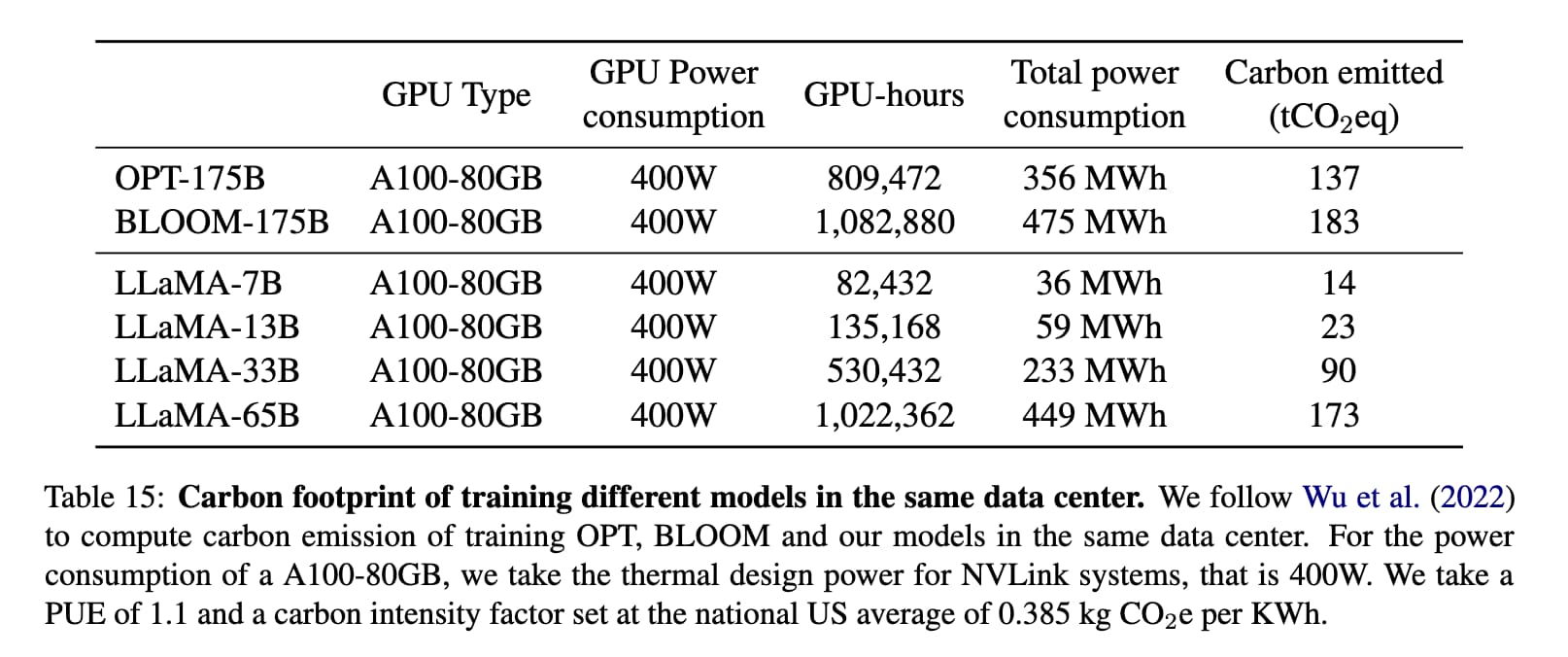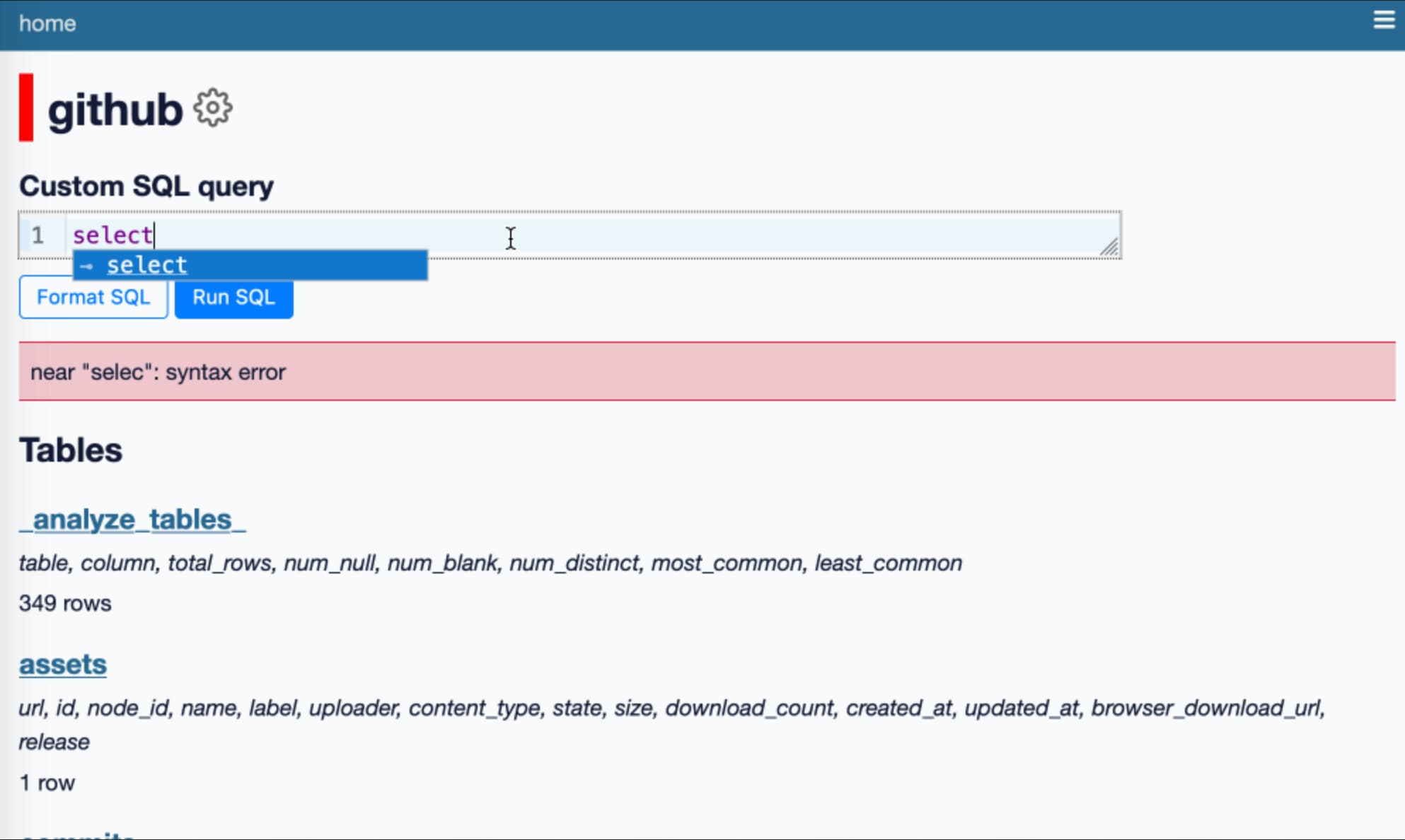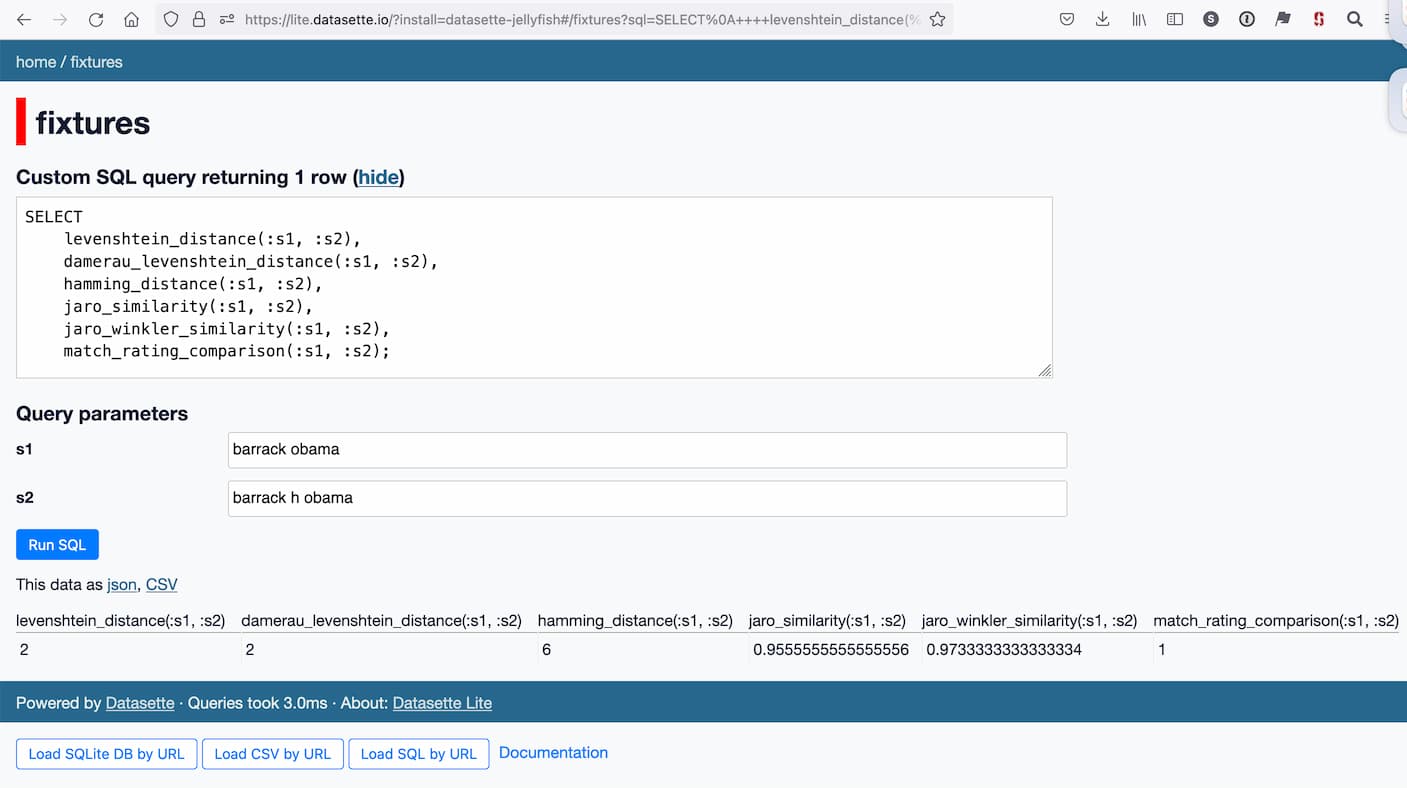85 posts tagged “webassembly”
2024
Bringing Python to Workers using Pyodide and WebAssembly (via) Cloudflare Workers is Cloudflare’s serverless hosting tool for deploying server-side functions to edge locations in their CDN.
They just released Python support, accompanied by an extremely thorough technical explanation of how they got that to work. The details are fascinating.
Workers runs on V8 isolates, and the new Python support was implemented using Pyodide (CPython compiled to WebAssembly) running inside V8.
Getting this to work performantly and ergonomically took a huge amount of work.
There are too many details in here to effectively summarize, but my favorite detail is this one:
“We scan the Worker’s code for import statements, execute them, and then take a snapshot of the Worker’s WebAssembly linear memory. Effectively, we perform the expensive work of importing packages at deploy time, rather than at runtime.”
The Dropflow Playground (via) Dropflow is a “CSS layout engine” written in TypeScript and taking advantage of the HarfBuzz text shaping engine (used by Chrome, Android, Firefox and more) compiled to WebAssembly to implement glyph layout.
This linked demo is fascinating: on the left hand side you can edit HTML with inline styles, and the right hand side then updates live to show that content rendered by Dropflow in a canvas element.
Why would you want this? It lets you generate images and PDFs with excellent performance using your existing knowledge HTML and CSS. It’s also just really cool!
PGlite (via) PostgreSQL compiled for WebAssembly and turned into a very neat JavaScript library. Previous attempts at running PostgreSQL in WASM have worked by bundling a full Linux virtual machine - PGlite just bundles a compiled PostgreSQL itself, which brings the size down to an impressive 3.7MB gzipped.
I built this interactive demo of PGlite using Observable Framework, source code here.
The original WWW proposal is a Word for Macintosh 4.0 file from 1990, can we open it? (via) In which John Graham-Cumming attempts to open the original WWW proposal by Tim Berners-Lee, a 68,608 bytes Microsoft Word for Macintosh 4.0 file.
Microsoft Word and Apple Pages fail. OpenOffice gets the text but not the formatting. LibreOffice gets the diagrams too, but the best results come from the Infinite Mac WebAssembly emulator.
urllib3 2.2.0. Highlighted feature: “urllib3 now works in the browser”—the core urllib3 library now includes code that can integrate with Pyodide, using the browser’s fetch() or XMLHttpRequest APIs to make HTTP requests (to CORS-enabled endpoints).
ColBERT query-passage scoring interpretability (via) Neat interactive visualization tool for understanding what the ColBERT embedding model does—this works by loading around 50MB of model files directly into your browser and running them with WebAssembly.
NYT Flash-based visualizations work again. The New York Times are using the open source Ruffle Flash emulator - built using Rust, compiled to WebAssembly - to get their old archived data visualization interactives working again.
container2wasm (via) “Converts a container to WASM with emulation by Bochs (for x86_64 containers) and TinyEMU (for riscv64 containers)”—effectively letting you take a Docker container and turn it into a WebAssembly blob that can then run in any WebAssembly host environment, including the browser.
Run “c2w ubuntu:22.04 out.wasm” to output a WASM binary for the Ubuntu 22:04 container from Docker Hub, then “wasmtime out.wasm uname -a” to run a command.
Even better, check out the live browser demos linked fro the README, which let you do things like run a Python interpreter in a Docker container directly in your browser.
2023
The WebAssembly Go Playground (via) Jeff Lindsay has a full Go 1.21.1 compiler running entirely in the browser.
Perplexity: interactive LLM visualization (via) I linked to a video of Linus Lee's GPT visualization tool the other day. Today he's released a new version of it that people can actually play with: it runs entirely in a browser, powered by a 120MB version of the GPT-2 ONNX model loaded using the brilliant Transformers.js JavaScript library.
Wikipedia search-by-vibes through millions of pages offline (via) Really cool demo by Lee Butterman, who built embeddings of 2 million Wikipedia pages and figured out how to serve them directly to the browser, where they are used to implement “vibes based” similarity search returning results in 250ms. Lots of interesting details about how he pulled this off, using Arrow as the file format and ONNX to run the model in the browser.
WebLLM supports Llama 2 70B now. The WebLLM project from MLC uses WebGPU to run large language models entirely in the browser. They recently added support for Llama 2, including Llama 2 70B, the largest and most powerful model in that family.
To my astonishment, this worked! I used a M2 Mac with 64GB of RAM and Chrome Canary and it downloaded many GBs of data... but it worked, and spat out tokens at a slow but respectable rate of 3.25 tokens/second.
Building a Signal Analyzer with Modern Web Tech (via) Casey Primozic’s detailed write-up of his project to build a spectrogram and oscilloscope using cutting-edge modern web technology: Web Workers, Web Audio, SharedArrayBuffer, Atomics.waitAsync, OffscreenCanvas, WebAssembly SIMD and more. His conclusion: “Web developers now have all the tools they need to build native-or-better quality apps on the web.”
Web LLM runs the vicuna-7b Large Language Model entirely in your browser, and it’s very impressive
A month ago I asked Could you train a ChatGPT-beating model for $85,000 and run it in a browser?. $85,000 was a hypothetical training cost for LLaMA 7B plus Stanford Alpaca. “Run it in a browser” was based on the fact that Web Stable Diffusion runs a 1.9GB Stable Diffusion model in a browser, so maybe it’s not such a big leap to run a small Large Language Model there as well.
[... 2,276 words]AI photo sorter (via) Really interesting implementation of machine learning photo classification by Alexander Visheratin. This tool lets you select as many photos as you like from your own machine, then provides a web interface for classifying them into labels that you provide. It loads a 102MB quantized CLIP model and executes it in the browser using WebAssembly. Once classified, a “Generate script” button produces a copyable list of shell commands for moving your images into corresponding folders on your own machine. Your photos never get uploaded to a server—everything happens directly in your browser.
Could you train a ChatGPT-beating model for $85,000 and run it in a browser?
I think it’s now possible to train a large language model with similar functionality to GPT-3 for $85,000. And I think we might soon be able to run the resulting model entirely in the browser, and give it capabilities that leapfrog it ahead of ChatGPT.
[... 1,751 words]Web Stable Diffusion (via) I just ran the full Stable Diffusion image generation model entirely in my browser, and used it to generate an image of two raccoons eating pie in the woods. I had to use Google Chrome Canary since this depends on WebGPU which still isn't fully rolled out, but it worked perfectly.
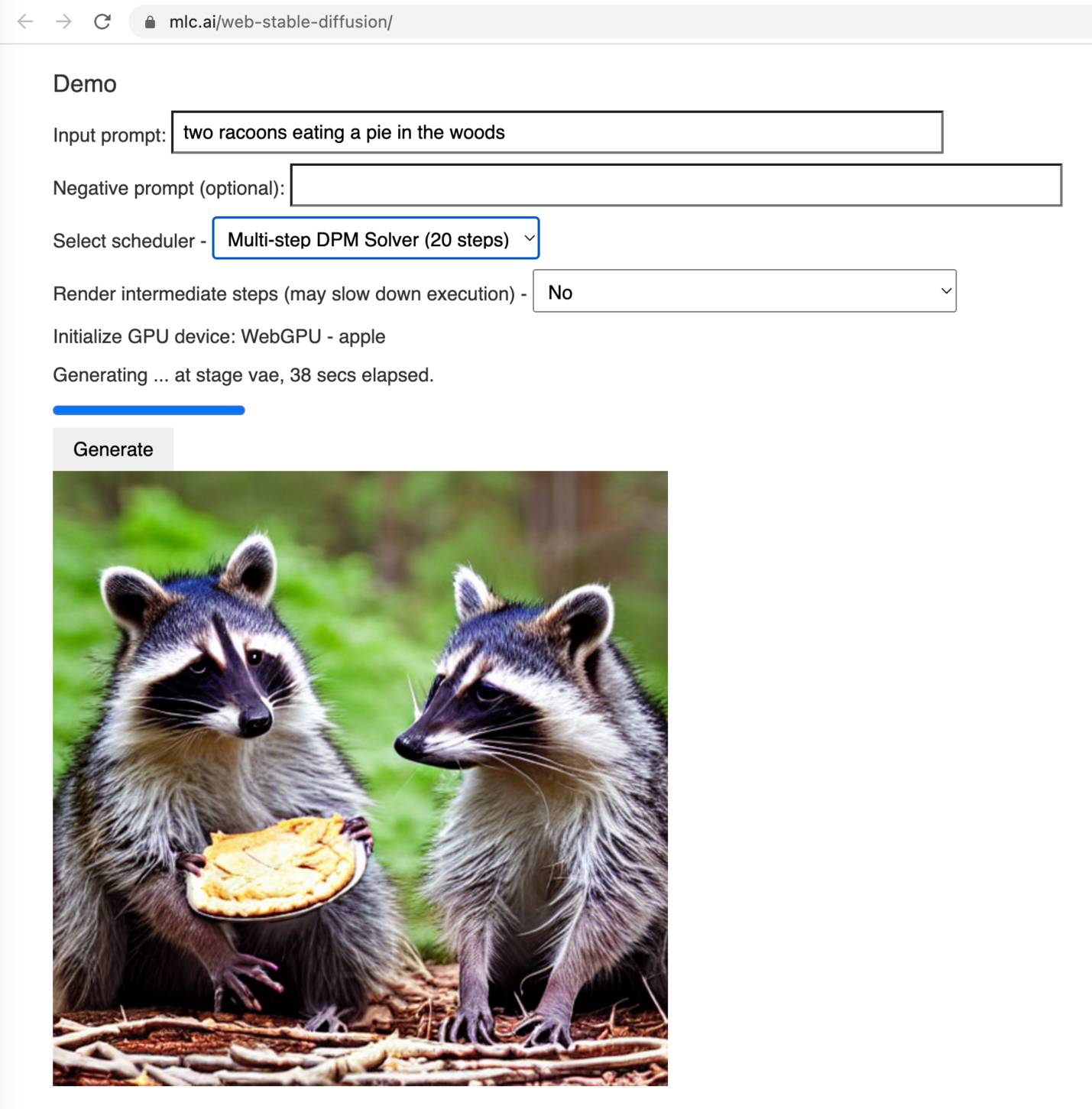
Weeknotes: A bunch of things I learned this week, plus datasette-explain
The Datasette table view refactor, JSON redesign and ?_extra= continues this week, mainly in this ongoing pull request and this tracking issue.
PocketPy. PocketPy is “a lightweight(~5000 LOC) Python interpreter for game engines”. It’s implemented as a single C++ header which provides an impressive subset of the Python language: functions, dictionaries, lists, strings and basic classes too. There’s also a browser demo that loads a 766.66 KB pypocket.wasm file (240.72 KB compressed) and uses it to power a basic terminal interface. I tried and failed to get that pypocket.wasm file working from wasmer/wasmtime/wasm3—it should make a really neat lightweight language to run in a WebAssembly sandbox.
Python Sandbox in Web Assembly (via) Jim Kring responded to my questions on Mastodon about running Python in a WASM sandbox by building this repo, which demonstrates using wasmer-python to run a build of Python 3.6 compiled to WebAssembly, complete with protected access to a sandbox directory.
2022
talk.wasm (via) “Talk with an Artificial Intelligence in your browser”. Absolutely stunning demo which loads the Whisper speech recognition model (75MB) and a GPT-2 model (240MB) and executes them both in your browser via WebAssembly, then uses the Web Speech API to talk back to you. The result is a full speak-with-an-AI interface running entirely client-side. GPT-2 sadly mostly generates gibberish but the fact that this works at all is pretty astonishing.
Microsoft Flight Simulator: WebAssembly (via) This is such a smart application of WebAssembly: it can now be used to write extensions for Microsoft Flight Simulator, which means you can run code from untrusted sources safely in a sandbox. I’m really looking forward to more of this kind of usage—I love the idea of finally having a robust sandbox for running things like plugins.
PyScript Updates: Bytecode Alliance, Pyodide, and MicroPython. Absolutely huge news about Python on the Web tucked into this announcement: Anaconda have managed to get a version of MicroPython compiled to WebAssembly running in the browser. Pyodide weighs in at around 6.5MB compressed, but the MicroPython build is just 303KB—the size of a large image. This makes Python in the web browser applicable to so many more potential areas.
About the sqlite3 WASM/JS Subproject. SQLite now maintains an official WebAssembly build. It’s influenced by sql.js but is a fresh implementation with its own API design. It also supports Origin-Private FileSystem (OPFS)—a very new standard which doesn’t yet have wide browser support that allows websites to save and load files using a dedicated folder on the host machine.
libsql (via) A brand new Apache 2 licensed fork of SQLite. The README explains the rationale behind the project: SQLite itself is open source but not open contribution, and this fork aims to try out new ideas. The most interesting to me so far is a plan to support user defined functions implemented in WebAssembly. The project also intends to use Rust for new feature development.
mod_wasm: run WebAssembly with Apache (via) Brand new Apache module from a team at VMWare: mod_wasm builds on top of wasmtime to let you write WebAssembly programs that are exposed to the world by Apache, using a mechanism that looks similar to old CGI scripts (headers passed in environment variables, request body sent to standard input). Includes a demo Docker image that runs using Python-compiled-to-WebAssembly.
Fastly Compute@Edge JS Runtime (via) Fastly’s JavaScript runtime, designed to run at the edge of their CDN, uses the Mozilla SpiderMonkey JavaScript engine compiled to WebAssembly.
Wasmtime Reaches 1.0: Fast, Safe and Production Ready! The Bytecode Alliance are making some confident promises in this post about the performance and stability of their Wasmtime WebAssembly runtime. They also highlight some exciting use-cases for WebAssembly on the server, including safe 3rd party plugin execution and User Defined Functions running inside databases.
Crunchy Data: Learn Postgres at the Playground (via) Crunchy Data have a new PostgreSQL tutorial series, with a very cool twist: they have a build of PostgreSQL compiled to WebAssembly which runs in the browser, so each tutorial is accompanied by a working psql terminal that lets you try out the tutorial contents interactively. It even has support for PostGIS, though that particular tutorial has to load 80MB of assets in order to get it to work!
Plugin support for Datasette Lite
I’ve added a new feature to Datasette Lite, my distribution of Datasette that runs entirely in the browser using Python and SQLite compiled to WebAssembly. You can now install additional Datasette plugins by passing them in the URL.
[... 865 words]